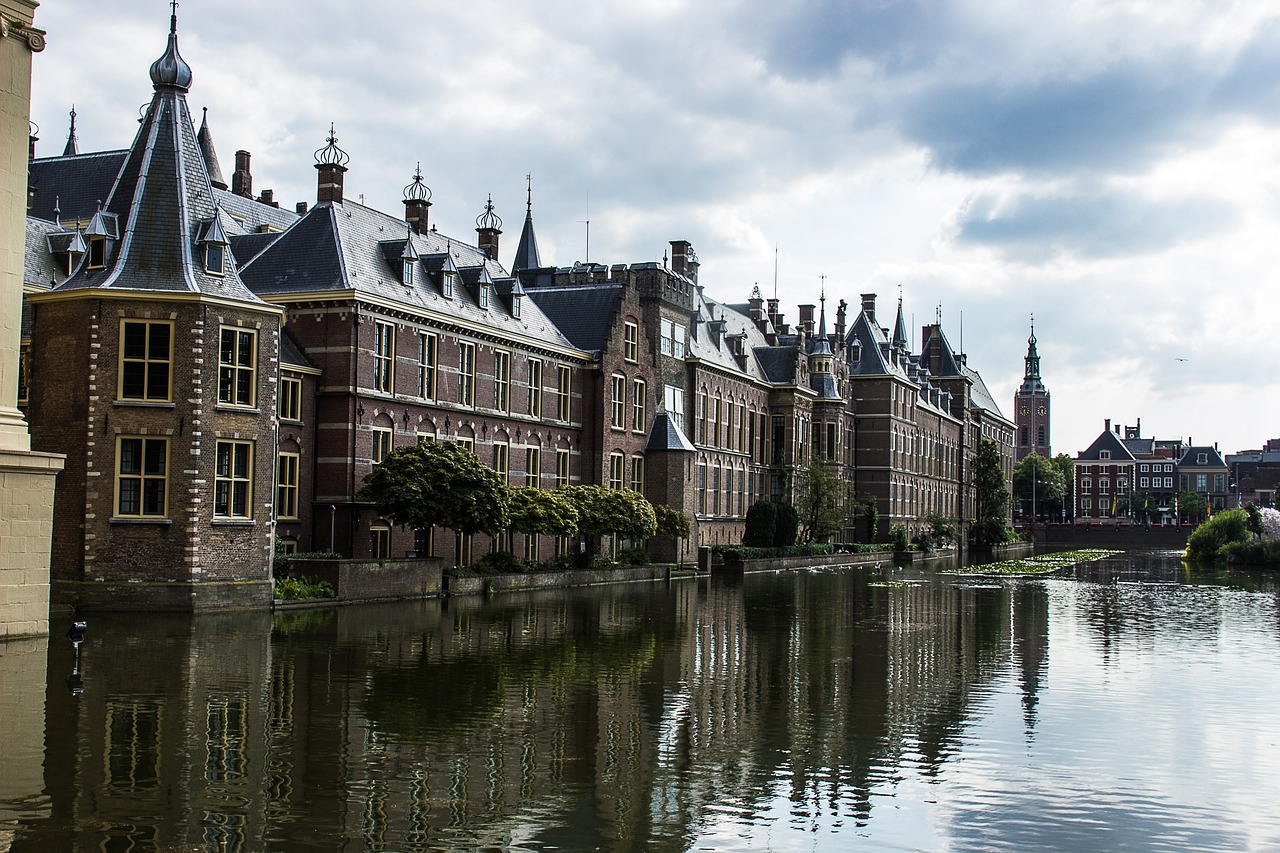The crucial role of storage and conversion as in picture
National Energy Storage and Conversion Action Plan.
Download
Energy Storage NL is the advocate for the Dutch energy storage sector. We represent our members to relevant stakeholders and policy makers, such as the ACM, ministries, the Lower House, grid operators and local authorities. Based on legislative and regulatory developments, together with our members we develop clear positions that we communicate to the outside world. We do this, for example, in position papers and the National Energy Storage Action Plan for energy storage in electricity, heat and molecules.

TenneT has concluded that about 10,000 MW of storage capacity in the Netherlands is necessary to prevent future power outages. Nevertheless, a clear policy goal for energy storage towards 2030 and 2050, as we do for electrolysis, solar and wind energy, is lacking. Abroad, concrete national targets for energy storage exist, providing clarity and speed to the market, financiers, grid operators and governments on the desired amount of energy storage. Therefore, Energy Storage NL asks that our climate approach include a national energy storage target of at least 20 GW by 2030.
There is currently much uncertainty about suitable locations, associated permits and connection conditions for energy storage in electricity, heat and molecules. This is delaying the rollout of sustainable storage in the Netherlands. Energy Storage NL therefore asks the government to take the lead in designating suitable locations for energy storage, the associated permits and connection conditions.
Storage technologies such as batteries, e-boilers, electrolysers and compressed air storage are currently seen as energy consumers, paying extremely high transportation costs (often more than 80% of operational costs). This while energy storage is by definition not an energy consumer, as also stipulated in the EU Regulation (2019/943) and EU Directive (2019/944). Structurally, a separate legal status is needed for energy storage, but to gain speed now, we ask that energy storage, with more than 10MW of capacity, be placed within the existing 'generators' category for up to four years, exempting storage from transmission charges.
Many of today's conventional storage and conversion systems come from Asia and the US. Due to the fast-growing market, the commodity debate and focus on strategic dependencies, Europe and thus the Netherlands have an opportunity to develop next-generation storage technology and production processes. Dutch companies are excellently positioned to gain market share with innovative solutions. Energy Storage NL therefore advocates supporting the goals from the Energy Storage Roadmap and national battery action agenda with multi-year funding.
By setting policy objectives around storage, the government can steer those technologies that are needed to make the energy transition a success. These could include a guarantee fund for thermal storage projects, opening markets and tenders for hydrogen, stimulating batteries in solar or establishing a capacity mechanism to ensure security of supply.
National Energy Storage and Conversion Action Plan.
Download